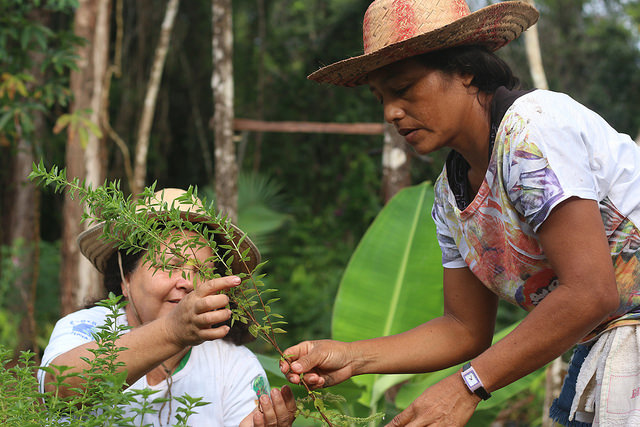Land registration and women’s land rights in Amhara Region, Ethiopia
Assesses the ongoing land registration process in the Amhara Region and its outcomes for women. The paper finds that while land policy and registration procedures aim to guarantee women’s access to land, practice on the ground suggests more needs to be done to support women’s rights in the implementation process.Land registration, initiated in 2003, stipulates that both spouses should be named on the certificate.




